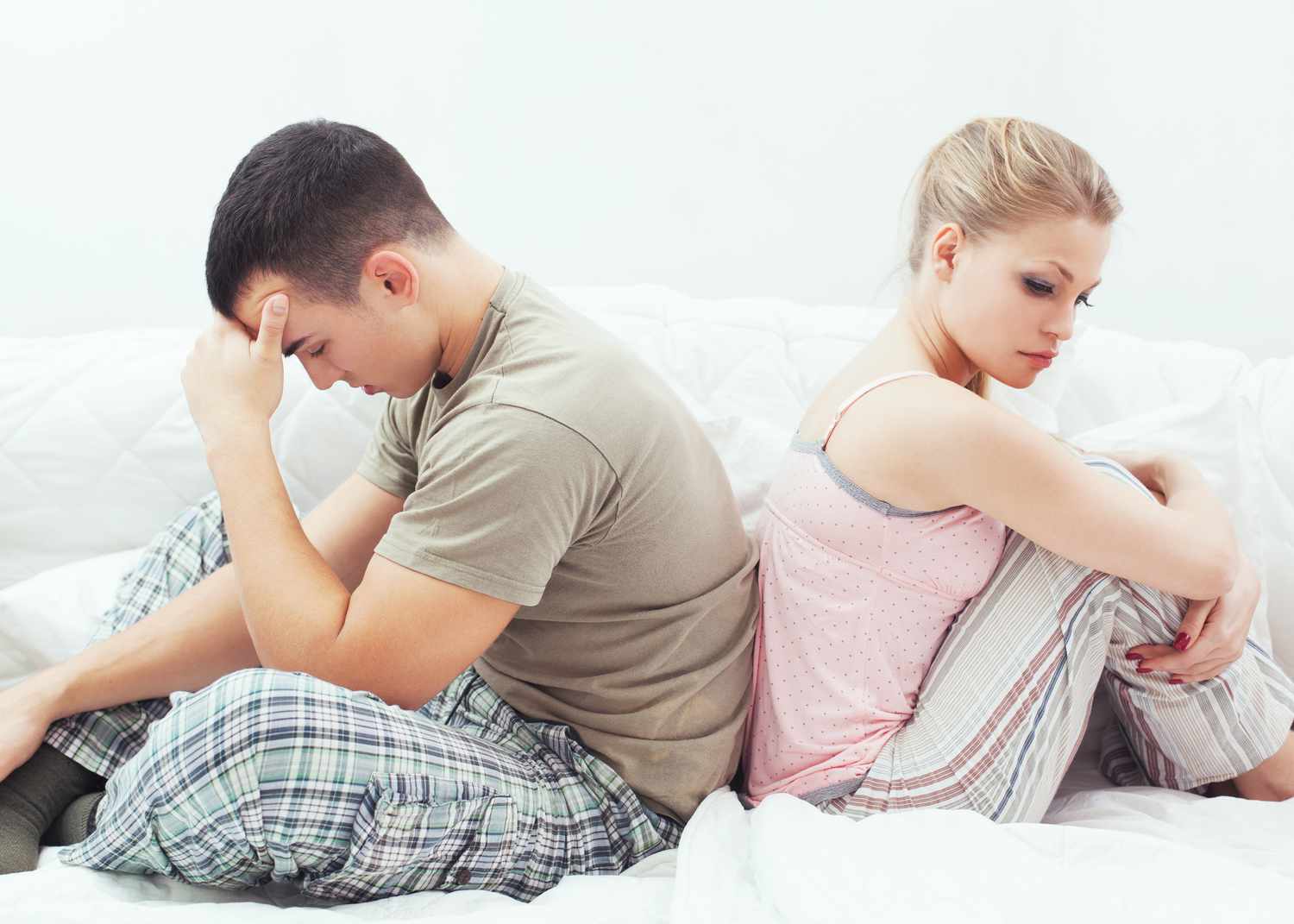
Top Causes of Low Libido Common to Both Sexes
Reduced sexual interest, or low libido, is a common occurrence among both men and women. Throughout a person’s life, the libido fluctuates and varies, and it can sometimes decrease rather drastically. It is normal for sexual interest to not match with that of a partner’s, but extended periods of low libido may require one to look into its causes as it could, at times, also be an indication of an underlying health condition.
Herein, we discuss some of the causes of low libido that are common to both men and women.
1. Medications
When a person consumes certain medications, the side effects result in decreased levels of libido. Some medications that could hinder libido are blood pressure hormonal contraceptives, medicines for enlarged prostate, antipsychotics increasing prolactin levels, and antidepressants with serotonergic effects. Recreational narcotic substances and excessive alcohol consumption are also major factors.
2. Psychological and emotional factors
There are many psychological and emotional factors that can affect one’s sex drive. Mental health issues that result from prior sexual abuse, poor self-esteem, fatigue, depression, and anxiety can all greatly diminish an individual’s sex drive. Relationship problems like poor communication, conflict, and lack of trust can also lower an individual’s sex drive.
3. Chronic illnesses
When an individual is not feeling well due to the effects of a chronic ailment, this can cause low libido. There are several chronic diseases and illnesses that can greatly affect sexual function, such as
- Obstructive sleep apnea
According to studies, untreated obstructive sleep apnea can result in symptoms of low libido. - Cancer
Treatments for cancer, including radiation, chemo, and surgery can all affect libido. - High blood pressure
This can affect blood circulation, which affects libido as well. - Heart disease
Heart diseases damage blood vessels and lead to reduced blood circulation. This could directly affect and lessen blood flow to the genitals, decreasing lubrication and arousal. - Osteoarthritis
Those who suffer from joint stiffness and pain could find it more difficult to be aroused by and participate in sexual activities. - Diabetes
High blood sugar levels could result in nerve and vascular damage, directly resulting in decreased blood flow to genitals in women and erectile dysfunction in men.
So, the bottom line is that it isn’t unusual for a man or a woman’s interest in sex and sexual activities to fluctuate over different times in their life due to various factors like stress, age, and hormonal changes. However, low libido can be a problem in both males and females and their lives due to the above-mentioned causes. No matter whether the person is a man or a woman, finding the causes of low libido in them, especially when it stays the same over a long period of time, is imperative.




